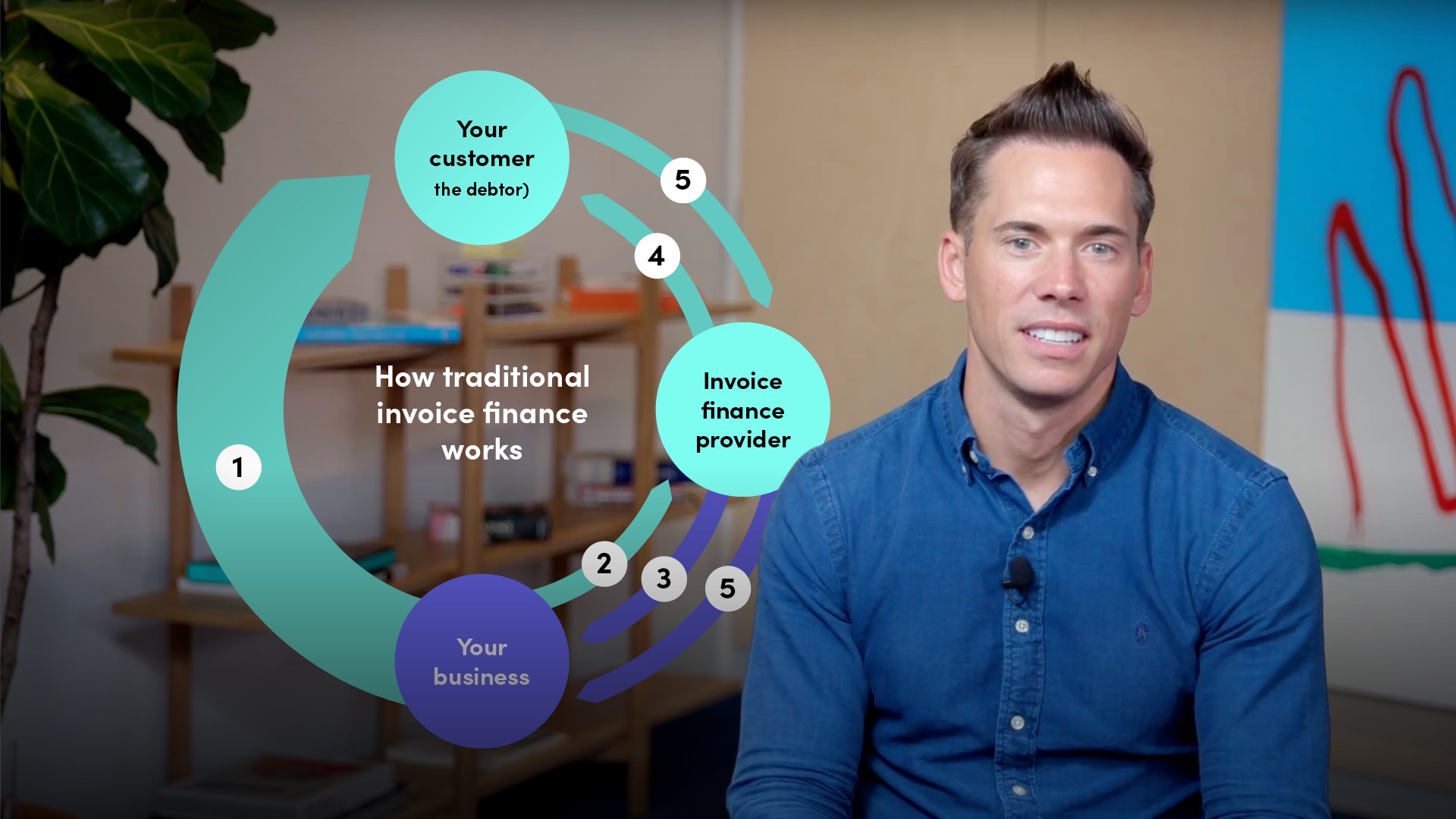
Introduction to Invoice Finance

Mark Thompson
15 years: Invoice finance
Invoice finance is a collective term for the various types of receivable-based lending whereby a company uses their invoices as the principal security and collateral for funding. Mark expands on invoice finance and covers who is involved in the structure, why it exists and how it works.
Invoice finance is a collective term for the various types of receivable-based lending whereby a company uses their invoices as the principal security and collateral for funding. Mark expands on invoice finance and covers who is involved in the structure, why it exists and how it works.
Subscribe to watch
Access this and all of the content on our platform by signing up for a 7-day free trial.

Introduction to Invoice Finance
8 mins 43 secs
Key learning objectives:
Define Invoice finance and a Debenture
Discuss the parties involved and how IF works
Explain the benefits to each party and how financiers are paid
Overview:
Invoice finance is the collective term for various types of receivable based lending where a company uses their invoices as the principal security and collateral for funding. Invoice finance in the UK is a £20bn plus day-to-day funding market.
Subscribe to watch
Access this and all of the content on our platform by signing up for a 7-day free trial.
Who is involved in an IF structure?
- Invoice financier
- The business who sells the receivable
- The debtor
Who are the main invoice financiers?
- Banks
- Independent financiers
- Private equity firms
What are the benefits of using invoice finance?
- Creates liquidity and supports cash flow by allowing faster access to funds from outstanding invoices
- Highly flexible form of finance, especially compared against other forms of borrowing
How does invoice finance work?
Firstly, the business provides the product to their customer (the debtor) and sends an invoice to them on agreed payment terms for a time in the future. The business then sends the invoice details to the invoice finance provider.
Following this, the financier then arranges for a percentage of the invoice to be made available. The debtor then pays the financier the full value. Finally, when the debtor pays, the remainder of the invoiced amount is paid to the borrower, less a service fee.
What is a Debenture?
This is a charge registered against the assets, on a limited entity or in the case of others, lending a waiver of their security over the company’s book debts.
Why do financiers like invoice finance?
- Low risk
- Lower cost of capital
- Diversified risk
- Tend to be structured to provide greater funding
In what ways do financiers receive returns?
Service Charge – The cost of having the facility in place and is either calculated as a fixed monthly charge or annual charge or a percentage of the turnover running through the account.
Discount margin – The percentage normally charged over base or Libor for the amount used when the funding is made available.
Subscribe to watch
Access this and all of the content on our platform by signing up for a 7-day free trial.

Mark Thompson
There are no available Videos from "Mark Thompson"



























